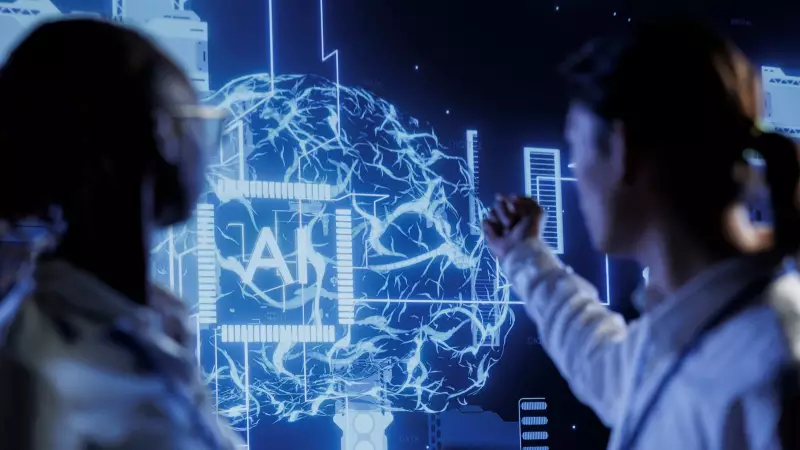
In a startling revelation that challenges our growing dependence on artificial intelligence, new research has exposed significant flaws in how AI assistants handle news-related queries. The study reveals that these digital helpers frequently provide inaccurate, incomplete, or misleading information about current events.
The Alarming Statistics Behind AI's News Failures
Researchers conducted extensive testing on popular AI platforms including ChatGPT, Google Bard, and other leading assistants. The findings were concerning: approximately 75% of responses to news-related questions contained significant errors or omissions. This high failure rate persists even when these systems are asked about major, widely-covered news events.
Why Are AI Systems Struggling With News Accuracy?
The research points to several critical factors behind these widespread inaccuracies:
- Outdated training data that doesn't include recent developments
- Lack of real-time information processing capabilities
- Over-reliance on pattern recognition rather than factual verification
- Difficulty distinguishing between reliable and unreliable sources
The Real-World Impact of Inaccurate AI News
These errors aren't just technical glitches—they have serious practical consequences. When users ask about elections, health emergencies, or economic developments, incorrect information can lead to poor decision-making and spread misinformation at an unprecedented scale.
The study particularly highlighted problems with how AI systems handle:
- Political events and election information
- Breaking news and developing stories
- Statistical data and numerical facts
- Geopolitical conflicts and international relations
What This Means for the Future of AI and Journalism
As more people turn to AI assistants for quick news summaries, these findings raise urgent questions about the role of artificial intelligence in information dissemination. The research suggests that while AI can be useful for many tasks, users should exercise caution when relying on these systems for accurate, up-to-date news information.
The study underscores the need for improved verification systems and clearer communication about the limitations of current AI technology when it comes to delivering reliable news content.





